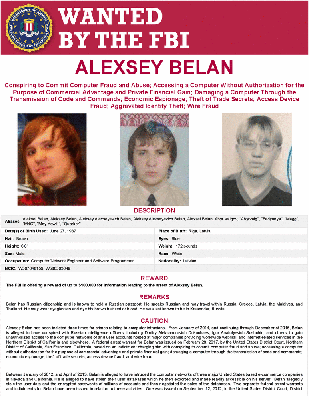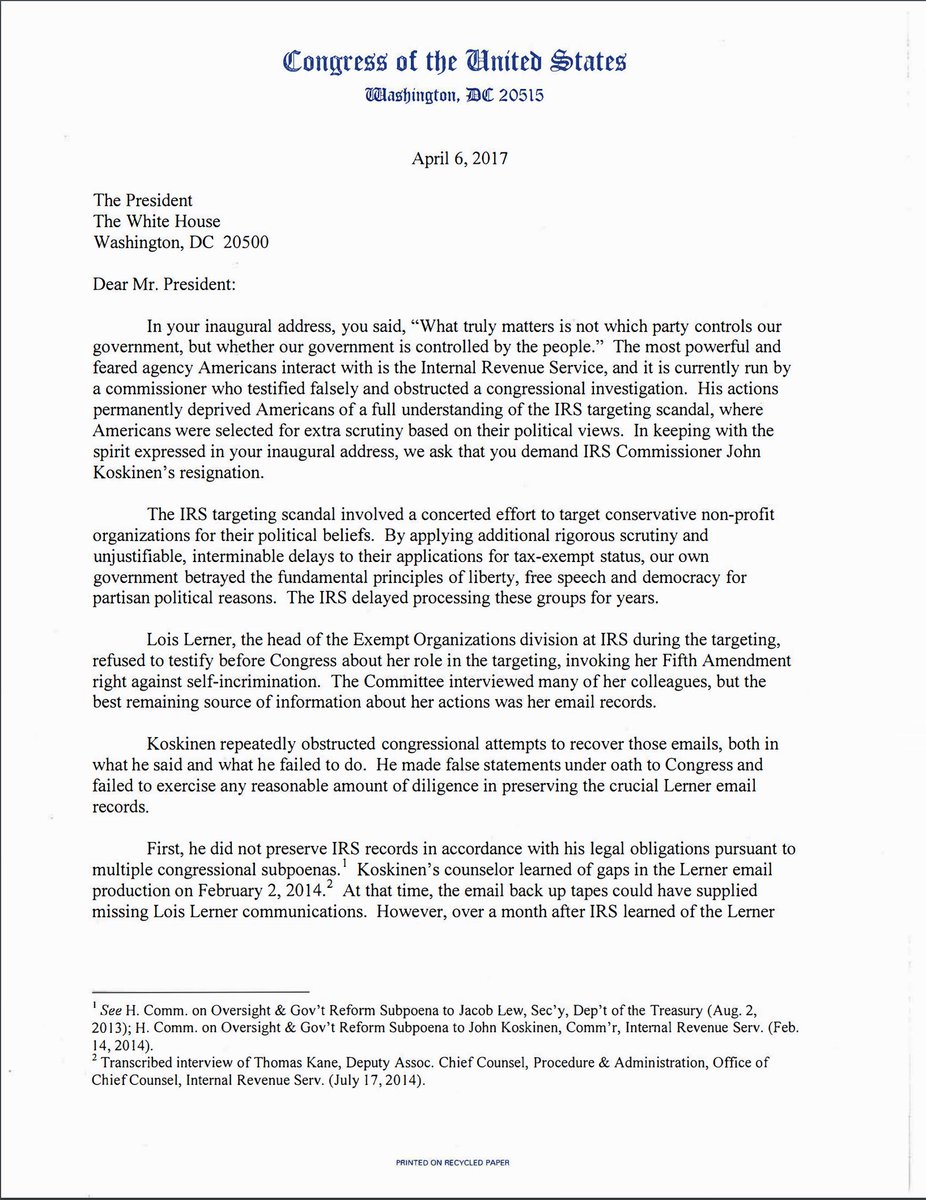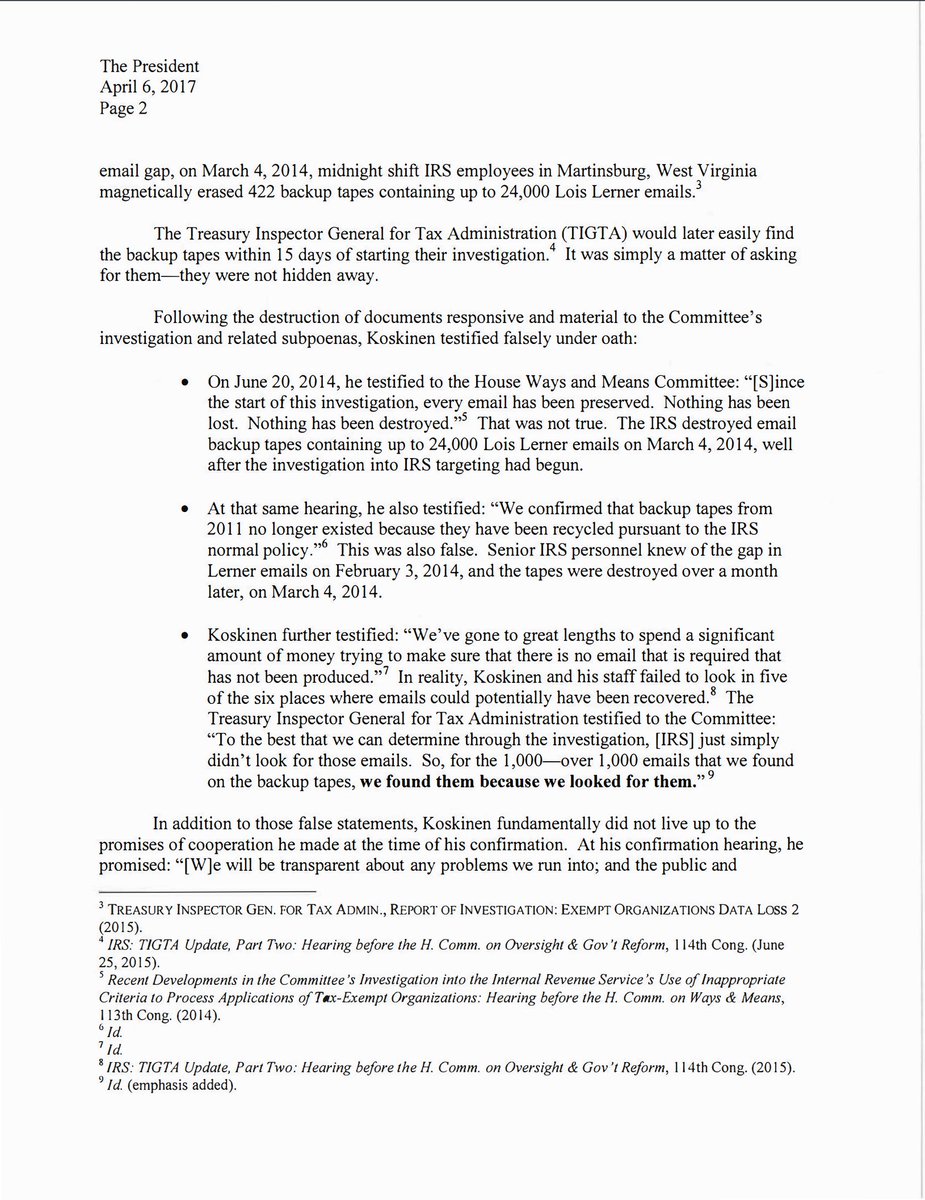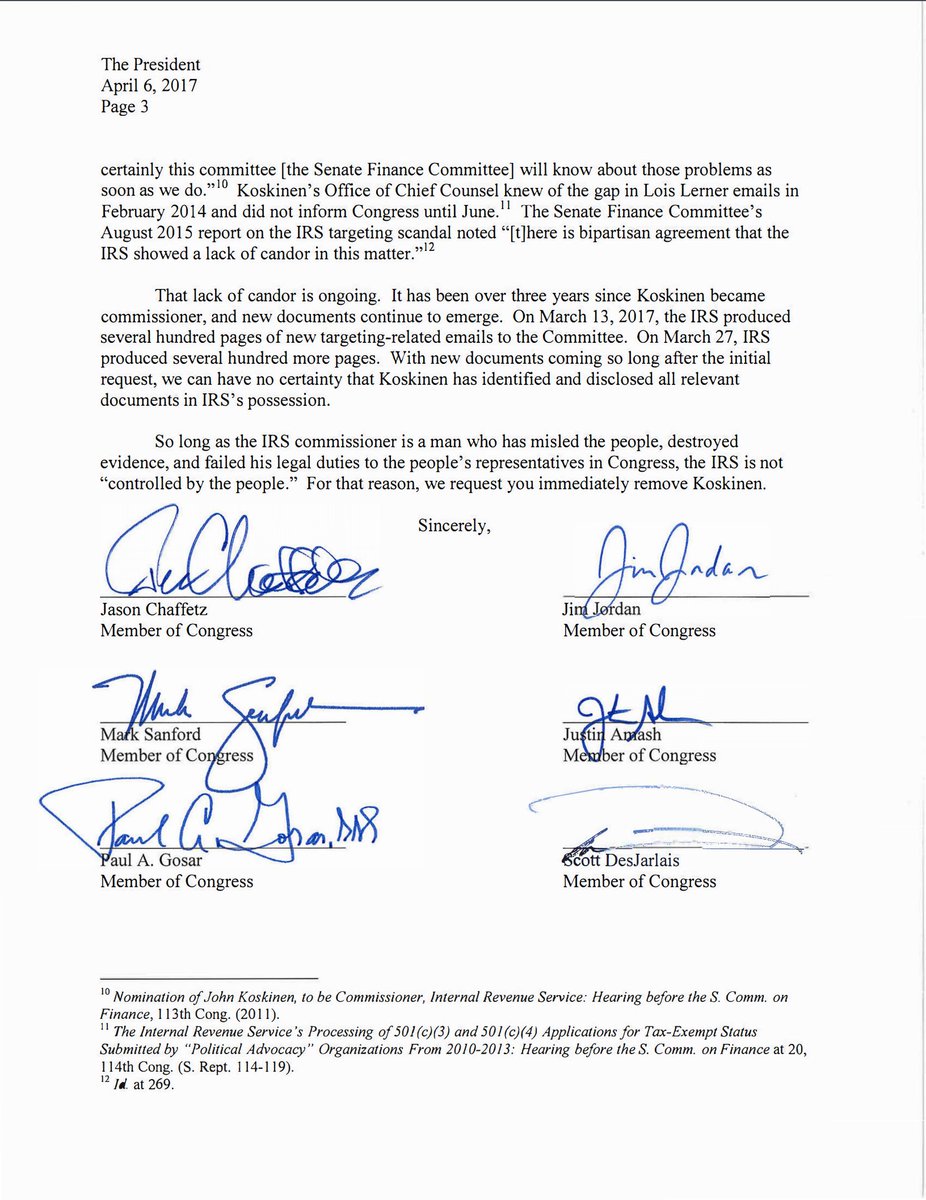Maybe there is much more to this story than being reported: Kim Jong Un’s half brother killed in Malaysia, sources report but read on.
Exclusive – ‘Dollars and euros’: How a Malaysian firm helped fund North Korea’s leadership
Reuters: Over the past two decades, North Korean-born Han Hun Il, the founding chief executive of a Malaysian conglomerate, funneled money to the leadership in Pyongyang, a North Korean defector, speaking out for the first time, told Reuters.
A sign outside the Malaysia-Korea Partners Holdings headquarters in Kuala Lumpur, Malaysia.(Reuters Photo)
Han’s conglomerate, Malaysia Korea Partners (MKP), worked in partnership with Jang Song Thaek, according to Lee Chol Ho, who worked as a trader for Han for nine years until he defected to Seoul in 2010. Jang, the uncle of North Korea’s ruler Kim Jong Un, was considered one of North Korea’s most powerful men until he was executed for treason in 2013.
Reuters was unable to independently confirm Lee’s account of Han’s relationship with North Korea’s leadership, including his assertion that money was funneled to North Korea’s leadership body, the central committee of the ruling Workers’ Party.
Reuters also couldn’t determine how the central committee, which controls North Korea’s highly sanctioned nuclear and weapons program, used the funds from Han or if the payments are continuing.
The new disclosures come at a time when United Nations sanctions monitors are intensifying scrutiny of both Han and MKP.
A February report by experts monitoring U.N. sanctions on North Korea says MKP’s bank subsidiary in Pyongyang is a particular focus. A 2013 U.N. resolution bars foreign companies or foreign joint ventures with a North Korean company from having a financial subsidiary in North Korea.
The U.N. report says the bank, called International Consortium Bank, was established as a joint venture between MKP and Jang’s Sungri Economic Group. The bank is licensed by North Korea’s central bank and registered with the Pyongyang Municipal People’s Committee, it said.
If the U.N. experts find sanctions have been violated, they could recommend the U.N. Security Council blacklist MKP, its executives or one or more of its subsidiaries, subjecting them to a global travel ban and asset freeze.
STRAINED TIES
Han, also known as Dr. Edward Hahn, hung up the phone and blocked a Reuters reporter on his messaging app when contacted for comment.
MKP did not respond to requests for comment on Lee’s assertions. The company issued a statement dated March 23 saying MKP had “no reason to hide the fact” that Han is North Korean. It denied owning ICB or any other North Korean bank and said nobody from the United Nations has contacted the company.
The U.N. said it does not comment on its ongoing investigations.
Lee’s description of how MKP operated appears to shed fresh light on the close ties between Malaysia and North Korea, which have come under strain following the assassination of Kim Jong Nam, the elder half-brother of North Korea’s ruler, with the highly toxic VX nerve agent in February.
Reuters reported in February that North Korea’s spy agency was running an arms export operation out of Malaysia.
Malaysia’s foreign ministry did not respond to Reuters’ requests for comment.
PYONGYANG BANK
MKP, which Han formed in 1996 with his Malaysian partner, Yong Kok Yeap, operates in 20 countries in Asia, Africa and the Middle East, piling up contracts worth at least $350 million, an MKP corporate video and promotional brochures shows.
Yong declined requests to be interviewed.
MKP’s main business is construction, but it is also involved in a number of other activities, including financial services and coal trading, according to U.N. reports, company sources, registration documents and MKP promotional material.
ICB is among several banks the U.N. is currently investigating for possible breaches of various U.N. Security Council resolutions. These include one from 2013 calling on members states to prohibit financial service companies where there are “reasonable grounds to believe that such financial services could contribute to [North Korea’s] nuclear or ballistic weapons programs.”
In its March 23 statement, MKP said its website had been “hacked” to insert ICB under its list of service companies and place a “doctored photograph” of “MKP personnel”, including Yong, visiting ICB’s office in Pyongyang.
A search of archive.org, a database of old websites, shows ICB has been listed on MKP’s website since 2009, including under its earlier name, Sungri Hi-Fund International Bank. As of April 10, ICB was still listed on the website.
In its February report, the U.N. said it had inquired with Malaysia and MKP about ICB and had “yet to receive a reply.”
‘CONTROL TOWER’
Lee said Han had used MKP as the “control tower” of a vast business empire, making him one of the isolated country’s richest men. He said Han began his career in Africa with North Korea’s Reconnaissance Bureau, its premier spy agency.
“When people from the Central Committee visited Malaysia, they only met with Han,” Lee said. “They didn’t even bother to see the ambassador.”
The Central Committee directs the development and financing of North Korea’s nuclear and missile programs, said Michael Madden, a North Korea expert at Johns Hopkins University’s 38 North website.
Once a year, Lee said, high-ranking Pyongyang officials traveled to Kuala Lumpur to meet Han and instruct him to wire money to North Korea via banks in Malaysia.
“It was all dollars and euros,” said Lee.
Lee said Han was part of Jang’s overseas network of businessmen.
Two current company sources said MKP’s fortunes – with the exception of its African businesses – declined after 2013 and Han became an infrequent visitor to Malaysia. They said they didn’t know whether the downturn was related to Jang’s demise.

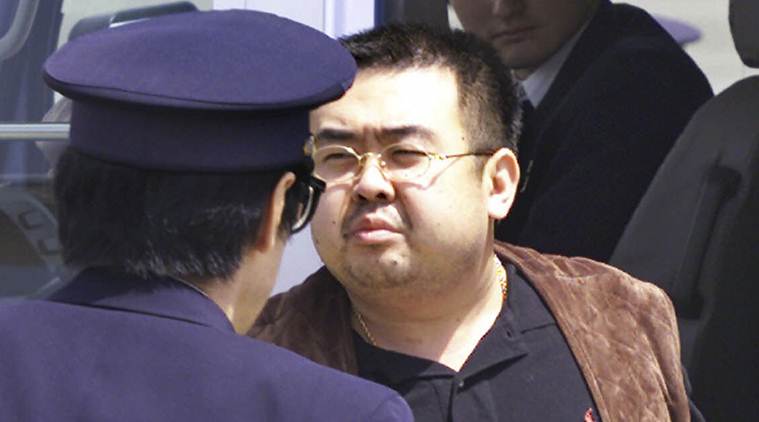

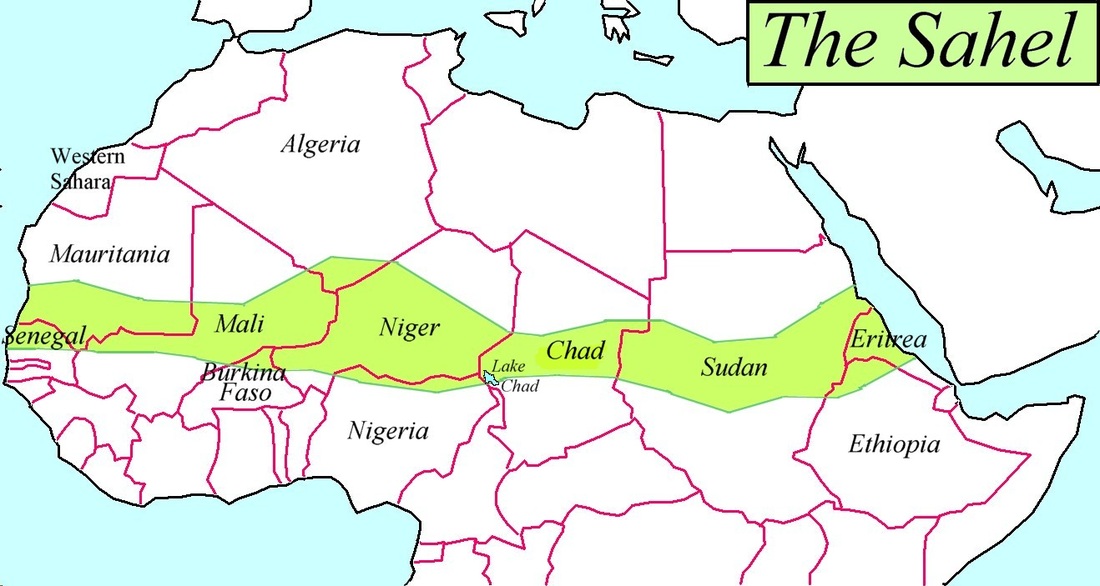
 Russia’s embassy in Madrid.
Russia’s embassy in Madrid. 